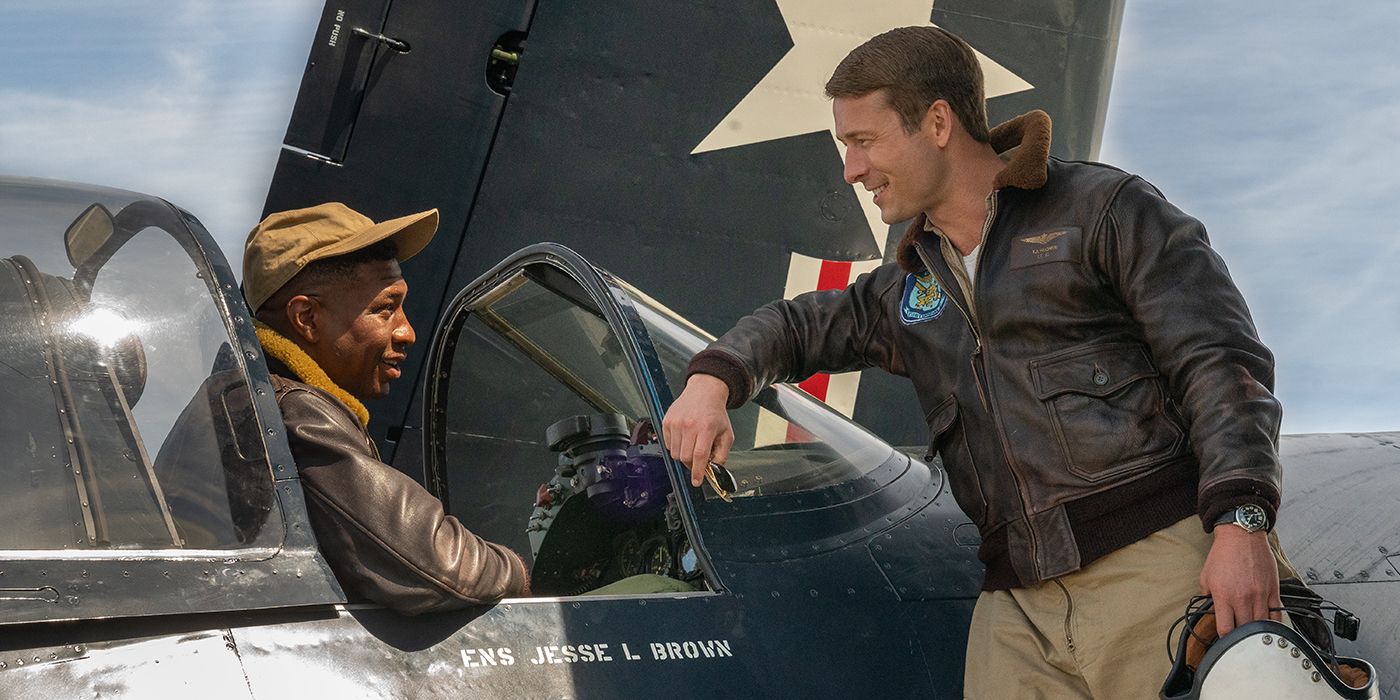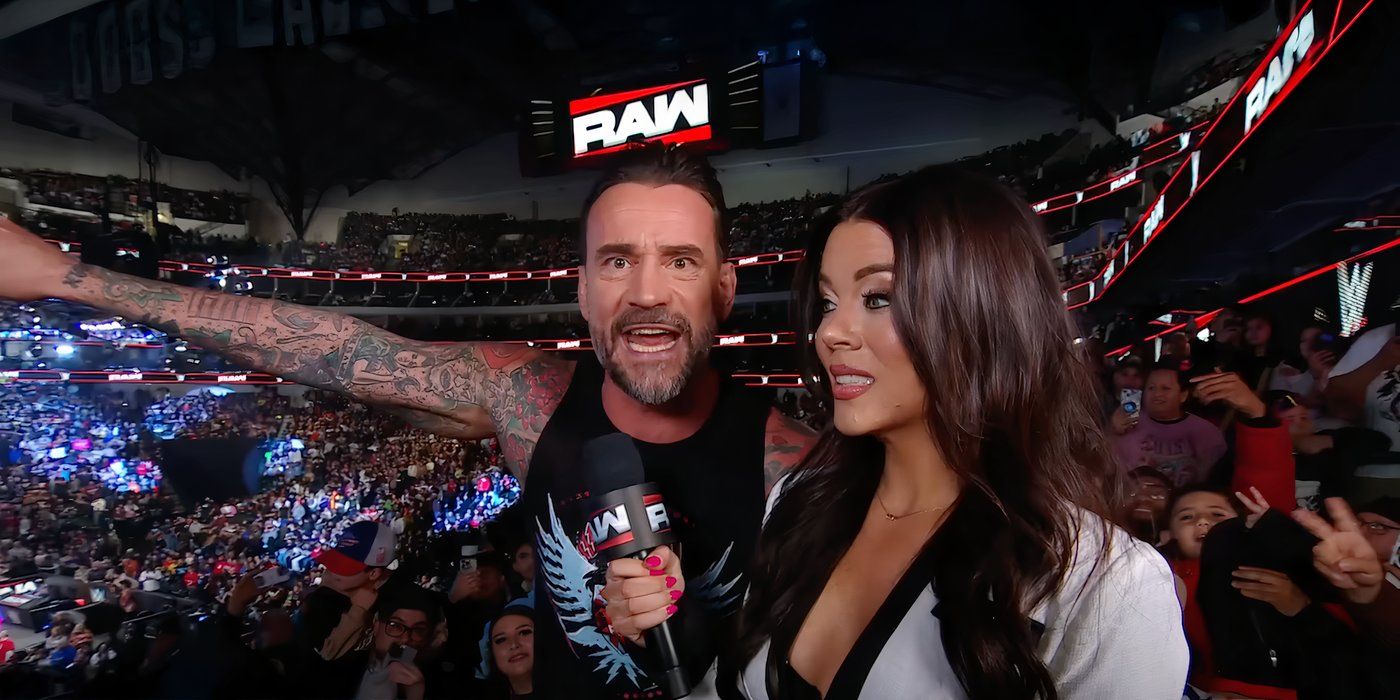Hemingway isn’t as cool as he used to be. The fulsome masculinity of his best-known characters, his sincere frontiersman attitude, his history of physical and psychological abuse (explored in Ken Burns’s characteristically exhaustive documentary). But his influence on “Legend of a Suicide,” David Vann’s 2008 short story collection about the death of his father in 1980, when Van was 13, suggests that old Ernest still has plenty to offer.
“Sukkwan Island,” the 150-page novella within “Legend of a Suicide” on which Vladimir de Fontenay’s drama is based, is imbued with the same parochial male mental distress that enflamed Hemingway and his work. The wilderness has all the answers. The only thing stopping you from your destiny is yourself. People — especially women — just get in the way. You get the idea.
De Fontenay’s adaptation is most charitably viewed as an exploration of that old-fashioned, nowadays distant flavor of depression. In an era before men were anxious about modernity and their “role,” and long before they started talking about their feelings, the forest just seemed like the answer to every question. It’s definitely the answer for Tom (Swann Arlaud, who you may remember as the sexy lawyer from “Anatomy of a Fall”), who drags his son Roy (Woody Norman) to the island in southeast Alaska, where he has bought land.
Roy is the protagonist, really, and de Fontenay’s film — like Vann’s book — is told from the perspective of a son increasingly worried about his dad, who seems to have put dangerously little practical thought into his grand scheme. Tom revels in their isolation, finding it nourishing (at least in principle). Roy just misses home.
Unlike the desolate landscape, which de Fontenay (perhaps mistakenly) makes very pretty, that setup is fertile land for drama. It’s easy to see why Vann spent a decade writing “Legend of a Suicide,” and appears to have spent decades thinking about the time he spent hanging out with his father. The suicide of Vann’s father is the lens through which he views his own angst, an explanation for his internal struggles as much as a cautionary tale for how not to treat it — and where. But de Fontenay dilutes the most striking aspects of the book in favor of a slicker story: unlike Vann’s repressed narrator, Roy seems to be popular with girls, likes soccer, and lives a busy and seemingly happy life with his mom in the city. Vann describes himself as a precocious introvert who wants to learn the ways of the land. For the Roy of de Fontenay’s film, it makes no sense for him to want to spend a year with his dad.
And though it’s billed as one, “Sukkwan Island” is fundamentally not a psychological thriller like Vann’s book — which is expressionistic, sometimes dreamlike, and has an audacious plot twist that propels the second half to a shocking climax that has no relationship with reality. Aesthetically speaking, “Sukkwan Island” is much too interested in reality. Far from an allegorical horror story, it’s a fairly muted family drama, with none of the austere imagery that sticks in the head and makes “Legend of a Suicide” feel authentic.
Arlaud and Norman, though wonderful actors — as evidenced in their breakout roles in “Anatomy of a Fall” and “C’mon C’mon,” respectively — are symptoms of and contributors to the film’s over-aestheticised approach. The script offers Arlaud little, and he seems to bring no interiority, a fairly egregious error in a movie about psychological disturbance. A Joel Edgerton type, rugged and aggressive and empty, would give much more by giving much less. In Norman’s case, it feels more like miscasting. He looks too much like an actor, dressed in immaculate clothes and anything but scruffy. Crucially, he’s too comfortable, in a role that should be anything but.
“Sukkwan Island” has the same horrifying plot twist as the novella, but all of de Fontenay and the actors’ decisions seem to be leading it in another direction. In the book, the twist is striking and thought-provoking. The way “Sukkwan Island” tells it, it feels somewhere between random and manipulative, a transparent ploy to elicit maximum pain.
De Fontenay’s first mistake is in setting “Sukkwan Island” in the present. That makes its portrayal of Tom’s old world angst feel uncanny. It never recovers from lacking what makes the book great. Never mind the fact that the claustrophobia of the wilderness, a central theme of the story, is lessened when you’ve got an iPhone.
Much like Tim Burton adapting Mike Teavee in “Charlie and the Chocolate Factory” to love video games — it’s in his name! — de Fontenay’s aesthetic choices defeat the point of “Sukkwan Island.” De Fontenay has undoubtedly chosen a good story to tell. And it’s good that more readers may now discover Vann’s wonderful book. But “Sukkwan Island” feels most like an opportunity missed.
Grade: C
“Sukkwan Island” premiered at the 2025 Sundance Film Festival. It is currently seeking U.S. distribution.
Want to stay up to date on IndieWire’s film reviews and critical thoughts? Subscribe here to our newly launched newsletter, In Review by David Ehrlich, in which our Chief Film Critic and Head Reviews Editor rounds up the best new reviews and streaming picks along with some exclusive musings — all only available to subscribers.

 6 days ago
5
6 days ago
5










 English (US) ·
English (US) ·